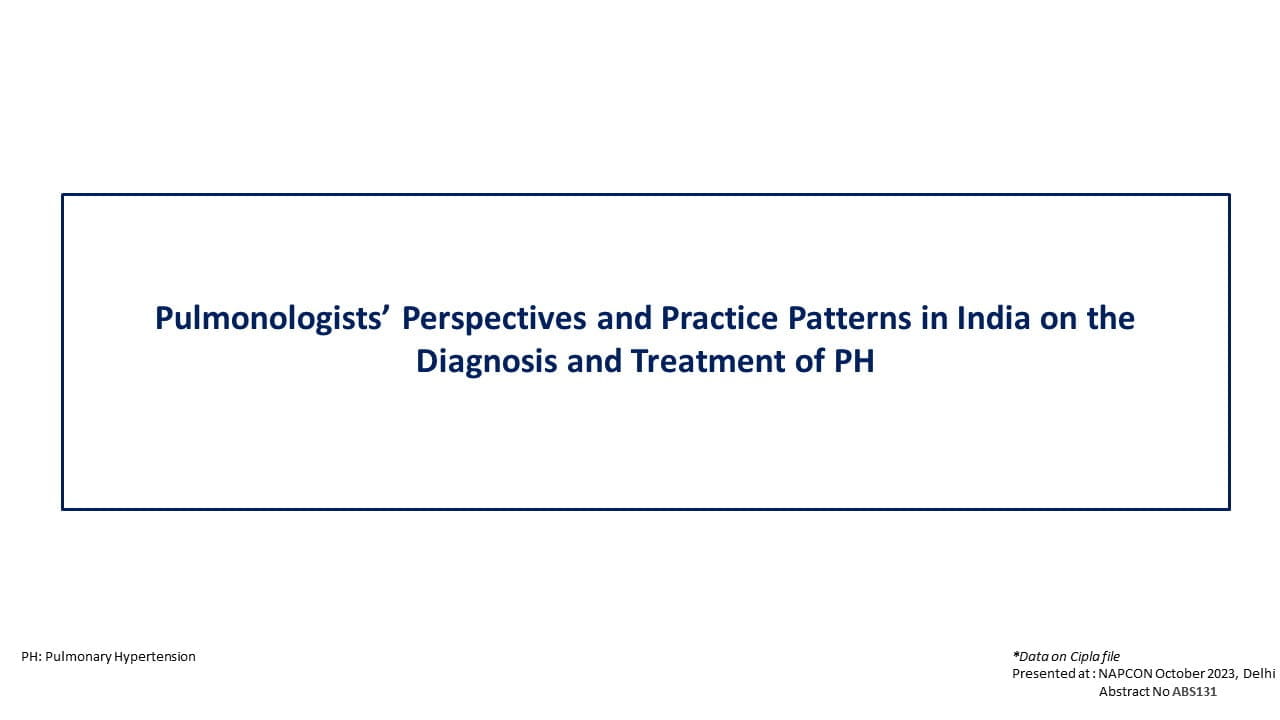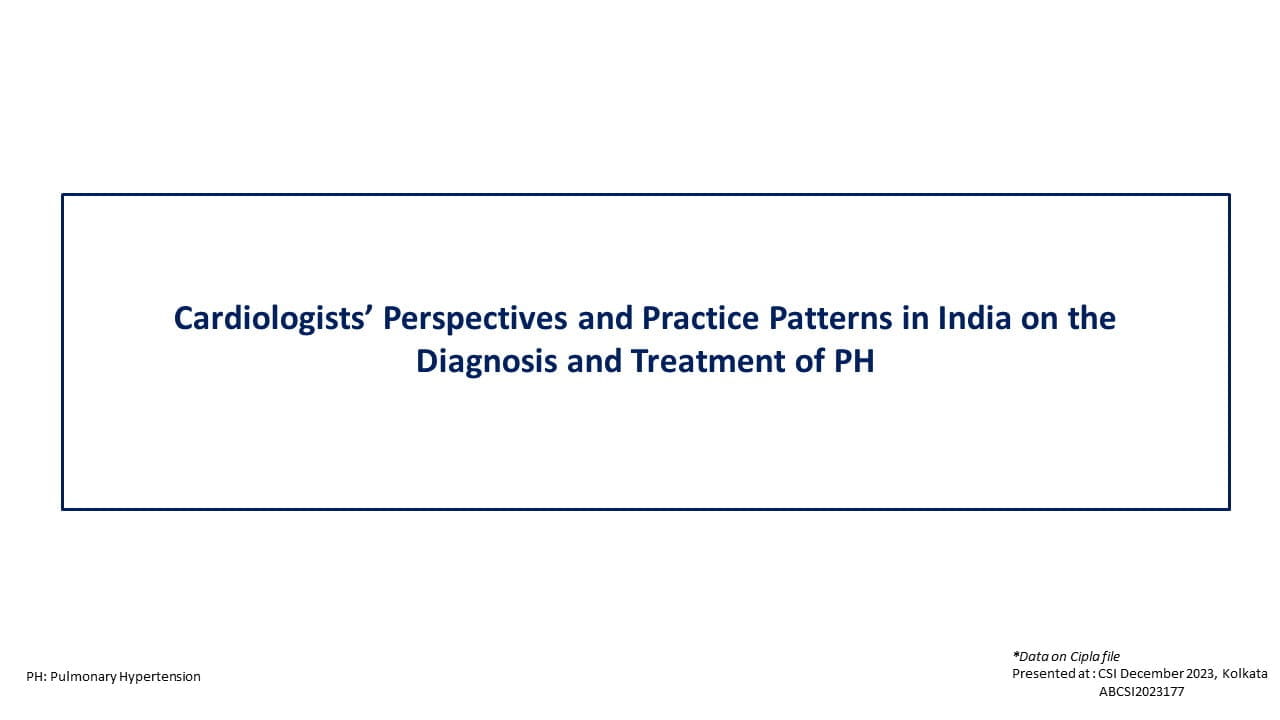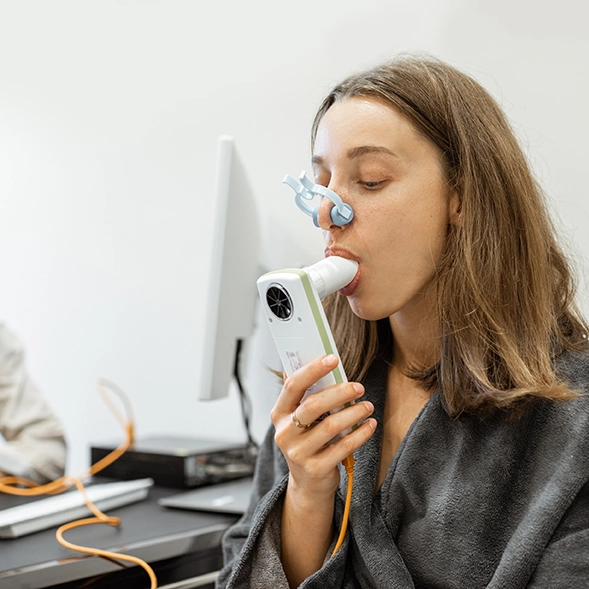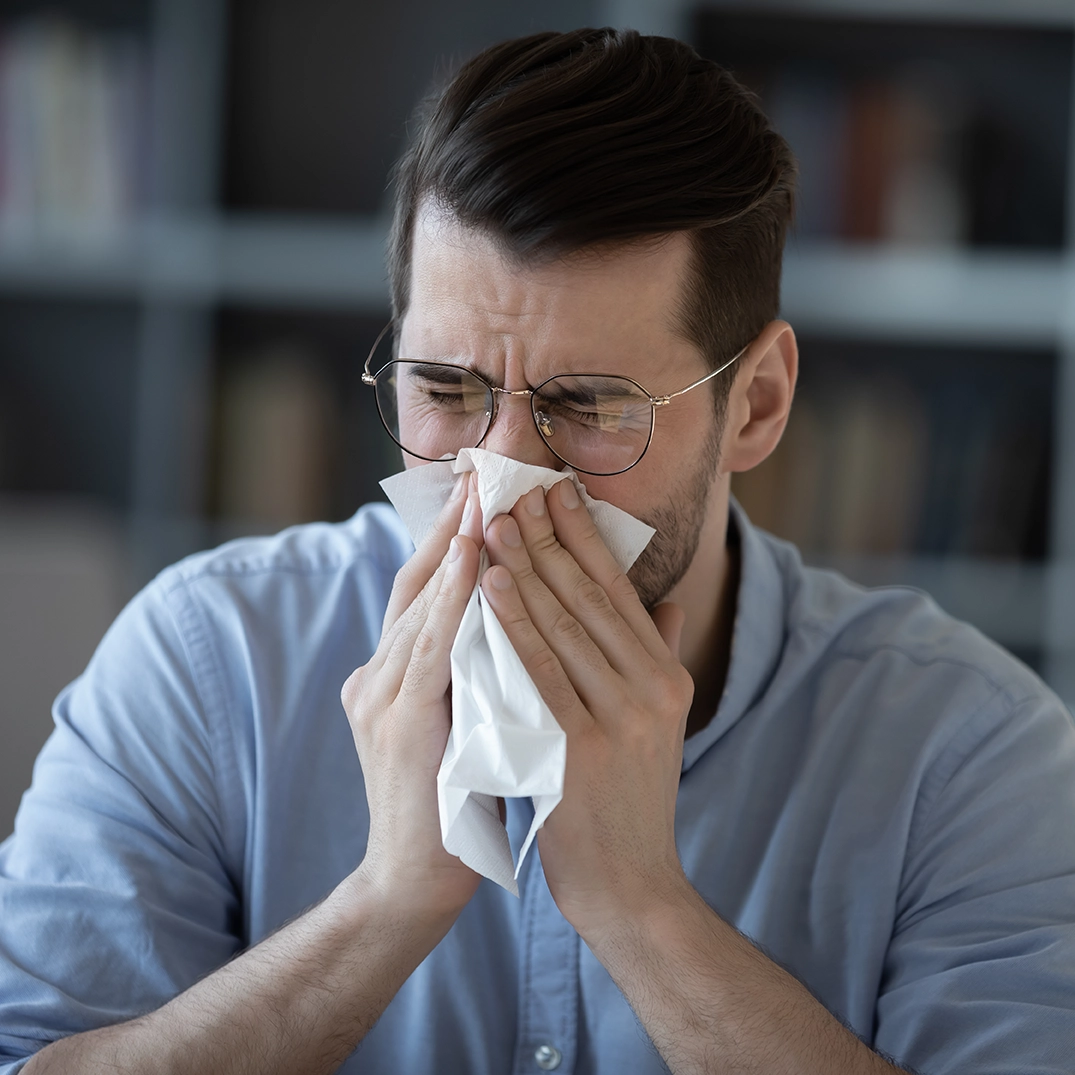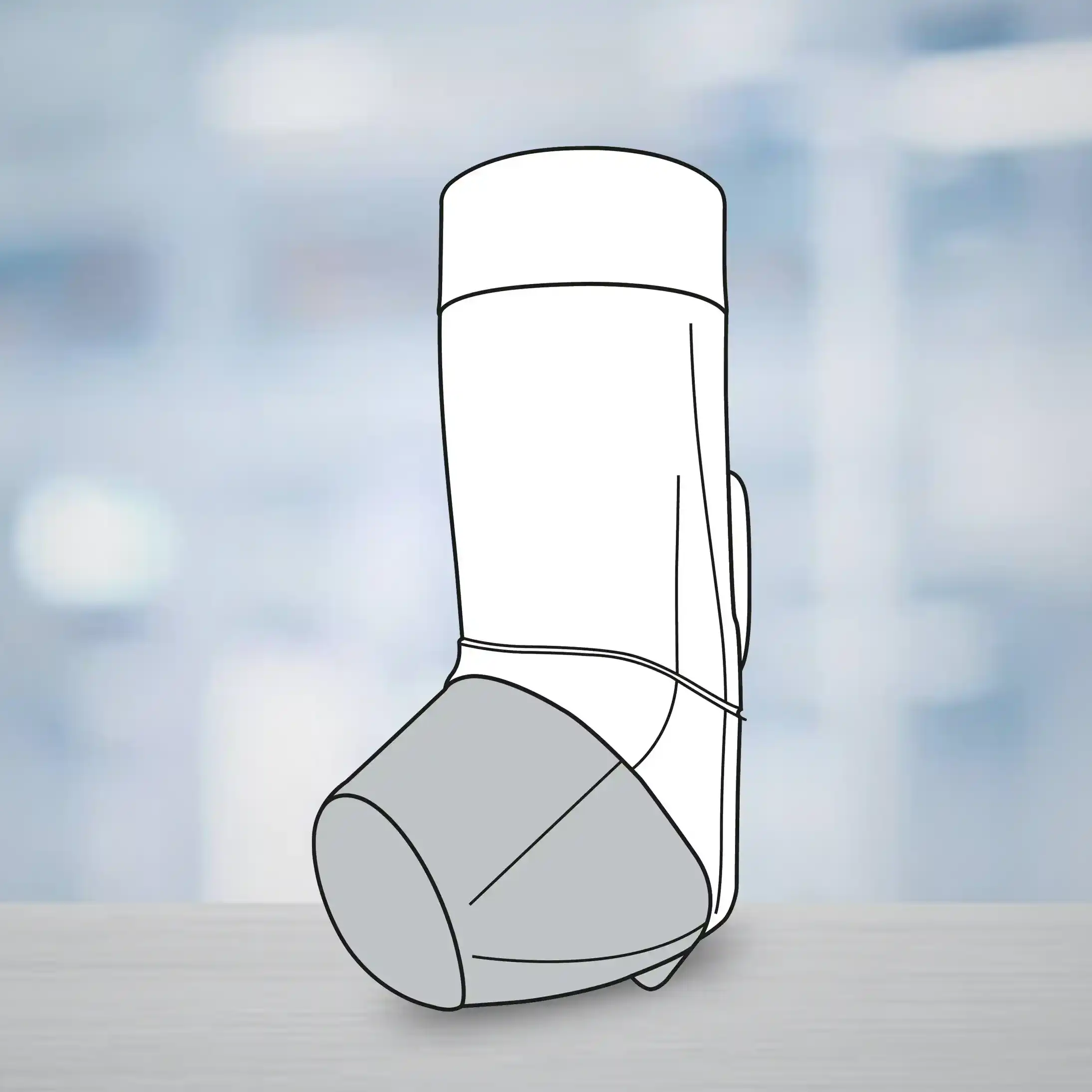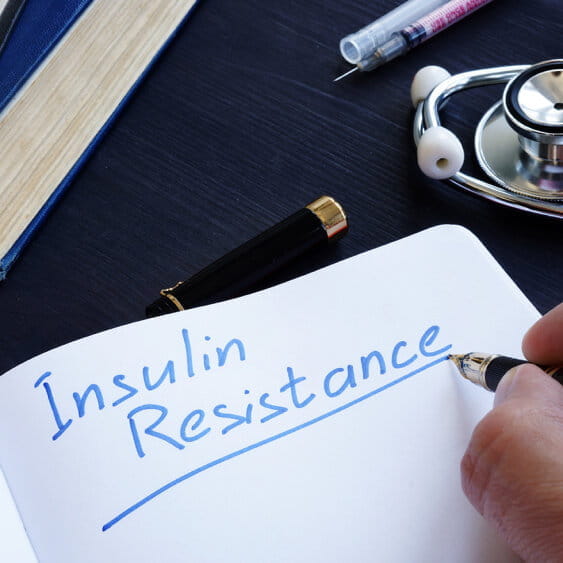What you need to Know about Swine Flu
2 Mar, 15
Be Aware of Signs and Symptoms
- Fever
- Cough
- Sore throat
- Runny or stuffy nose
- Difficulty in breathing
- Feeling weak or more tired than usual
- Headache
- Chills
- Body ache
- Vomiting
- Diarrhea
- Blood in sputum
Protect Yourself and Your Family Members from Influenza
The 2-step influenza prevention plan
Step 1
Get a flu vaccination each year
- Everyone 6 months of age and older is eligible get a flu vaccine as soon as the current season's vaccines are available.
- Vaccination of high risk persons is especially important to decrease their risk of severe flu illness.
- People at high risk of serious flu complications include young children, pregnant women, people with chronic health conditions like asthma, diabetes or heart and lung disease and people 65 years and older.
- Vaccination also is important for health care workers, and other people who live with or care for high risk people to keep from spreading flu to high risk people.
- Children younger than 6 months are at high risk of serious flu illness, but are too young to be vaccinated. People who care for them should be vaccinated instead.
Step 2
Take everyday preventive actions to stop the spread of germs
- Avoid crowded places; Stay more than an arm’s length from persons affected with flu. Do not shake hands or use other contact greetings.
- While sick, limit contact with others as much as possible to keep from infecting them. Stay away from public places if you have fever, and you are coughing or sneezing. Stay home for at least 24 hours after your fever is gone. The fever should be gone without the use of a fever-reducing medicine.
- Use medication the way your doctor recommends it to treat your illness. Antivirals work best when they are started within 2 days of getting sick, but starting them even later can still be helpful, especially if the sick person has a high-risk health condition or is very sick from the flu.
- Drink plenty of water and eat nutritious food. Sleep well.
- Cover your nose and mouth with a tissue when you cough or sneeze. Throw the tissue in the trash after you use it. Do not spit in public.
- Wash your hands often with soap and water. If soap and water are not available, use an alcohol based hand rub.
- Avoid touching your eyes, nose and mouth. Germs spread this way.
- Clean and disinfect surfaces and objects that may be contaminated with germs like the flu.


